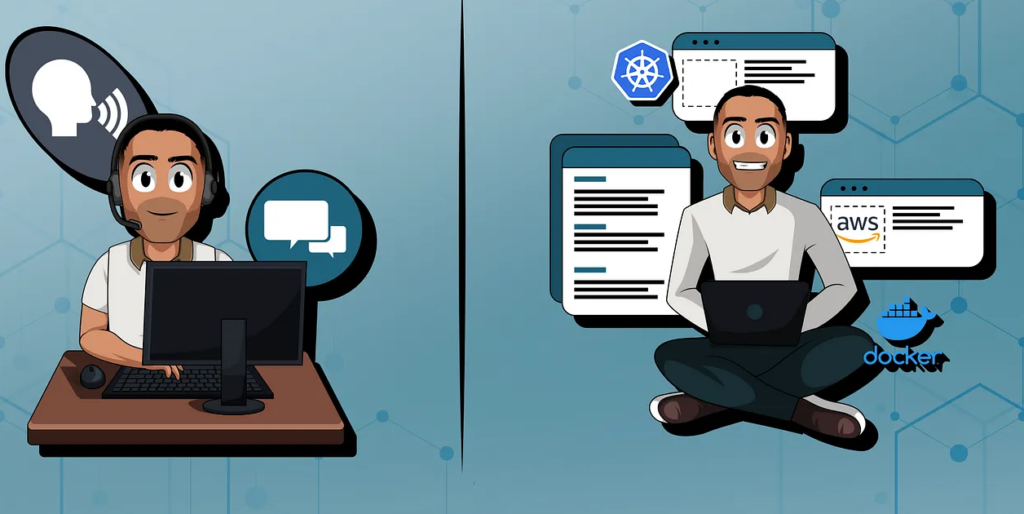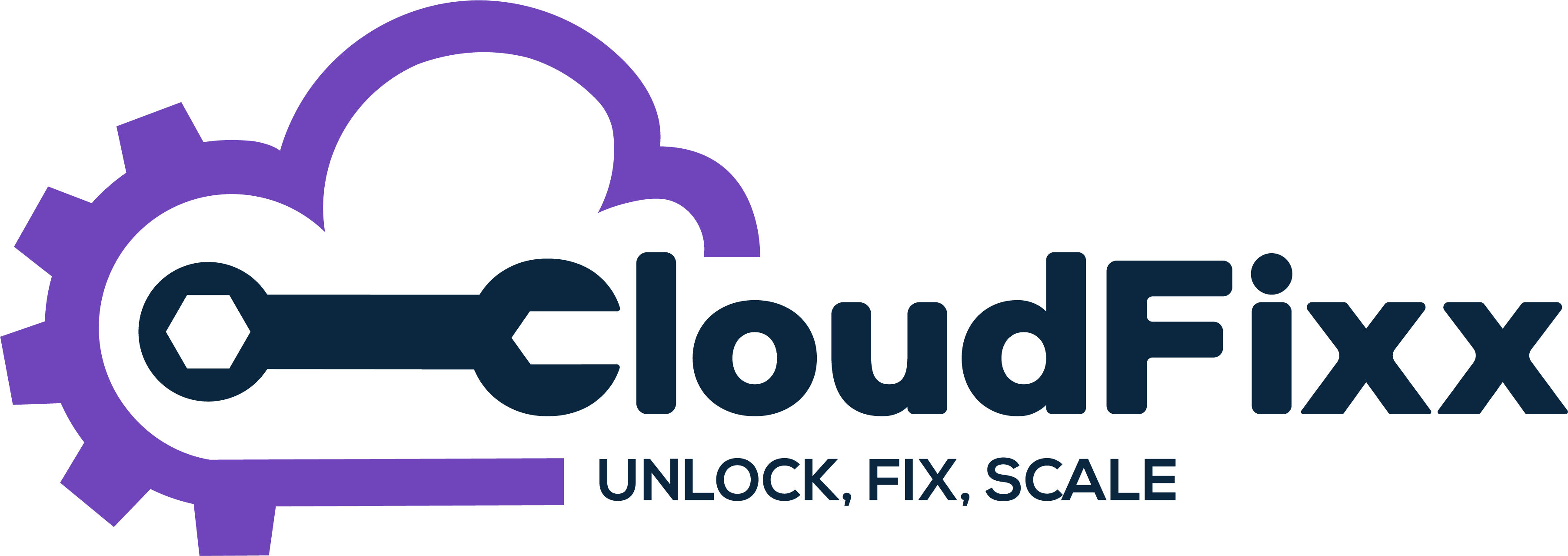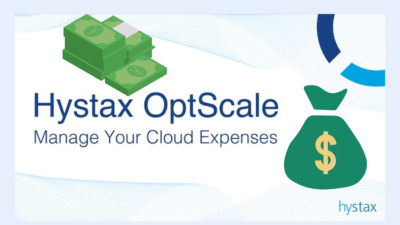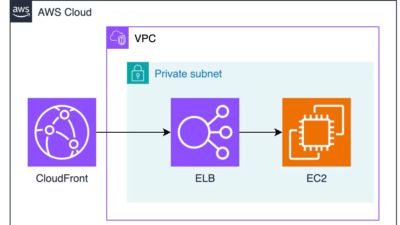
When I began my career almost six years ago, I never imagined I’d find myself in the world of DevOps, a field that has become my passion and expertise today. Like many, my journey started with curiosity about how software, systems, and people come together to deliver seamless experiences. This curiosity drove me to explore every opportunity to learn and grow, eventually leading me to where I am today.
The Early Days: Building a Foundation
My career started as a Systems Administrator, where I was responsible for ensuring the availability of services, managing Linux environments, and troubleshooting infrastructure issues. Those early days taught me the importance of system stability and the critical role infrastructure plays in enabling software applications. This role laid a strong foundation for my understanding of operating systems, networking, and security—key pillars of any DevOps engineer.
During this time, I also gained hands-on experience with shell scripting and system automation. I enjoyed optimizing repetitive tasks and finding creative ways to make systems more efficient. The thrill of solving complex issues and learning how everything in the tech ecosystem connects inspired me to go further.
The Transition: Discovering DevOps
As I grew in my role, I began to notice inefficiencies in traditional IT practices. Development and operations teams often worked in silos, leading to bottlenecks, miscommunication, and delays in delivering value to end-users. I realized there had to be a better way.
That’s when I came across the emerging concept of DevOps. It was a revelation—the idea of fostering collaboration between teams, automating processes, and delivering software faster without compromising quality resonated deeply with me. DevOps wasn’t just about tools or pipelines; it was a mindset shift focused on breaking barriers, enabling innovation, and continuously improving.
The First Leap: Mastering Automation with Jenkins
My first major step into DevOps came when I started working with Jenkins. Setting up CI/CD pipelines, automating builds, and managing deployments gave me a first-hand look at the impact of automation. I saw how Jenkins could transform workflows, enabling development teams to focus on innovation while ensuring reliable and efficient deployments.
Working with Jenkins taught me the importance of version control, build automation, and integration testing. I gained a deep understanding of how a well-designed pipeline can reduce errors, improve collaboration, and accelerate delivery. Over time, I became the go-to person for setting up and optimizing pipelines, a responsibility that greatly enhanced my problem-solving and leadership skills.
Embracing the Cloud: AWS as a Game-Changer
Another significant milestone in my journey was mastering AWS. I started by learning the basics of EC2, S3, and IAM and eventually moved on to more advanced services like CloudFormation, RDS, and Lambda. AWS opened up a world of possibilities, allowing me to design scalable, reliable, and cost-efficient solutions.
The cloud brought a new level of complexity and opportunity. I learned how to balance scalability with cost optimization, troubleshoot production issues in real-time, and architect solutions that could withstand high availability requirements. Earning professional AWS certifications validated my expertise and pushed me to explore even more advanced use cases.
Challenges and Growth: Overcoming Real-World Problems
The most fulfilling part of my journey has been solving real-world problems. Whether it’s resolving pipeline failures in Jenkins, debugging deployment issues, optimizing cloud costs, or managing certificate renewals, every challenge has been a valuable learning opportunity.
There were moments of high pressure—tight deadlines, unexpected outages, or sudden changes in requirements—but these experiences shaped me into a more resilient and resourceful engineer. I learned to approach problems systematically, communicate effectively with stakeholders, and stay calm under pressure.
The DevOps Culture: Beyond Tools and Automation
Over the years, I’ve come to appreciate the cultural aspects of DevOps. It’s not just about the tools; it’s about fostering a mindset of collaboration, transparency, and continuous improvement. I’ve been part of teams that embraced feedback loops, blameless postmortems, and the spirit of experimentation. These experiences reinforced my belief that technology alone isn’t enough—it’s the people and processes that truly drive success.
I’ve also taken pride in mentoring others, sharing my knowledge, and leading initiatives to educate teams about DevOps practices. I believe in the power of community-driven learning and have often sought to give back by helping others on their own journeys.
Where I Am Today: A Senior DevOps Engineer
Today, as a Senior DevOps Engineer, I strive to make technology invisible. My goal is to build systems so reliable, efficient, and automated that they just work. I’ve worked on projects ranging from automating deployments to optimizing cloud infrastructures, always aiming to deliver value to end-users.
I’m grateful for the mentors, challenges, and opportunities that have shaped my career. Looking ahead, I’m excited to embrace the next wave of innovation in DevOps, from advanced automation to AI-driven optimizations, and continue to grow in this ever-evolving field.
Advice for Aspiring DevOps Engineers
For anyone looking to break into DevOps, my advice is simple:
- Stay curious and never stop learning.
- Focus on mastering the fundamentals—operating systems, networking, and scripting.
- Embrace the culture of collaboration and continuous improvement.
- Remember, DevOps is as much about people as it is about technology.
The DevOps journey is challenging but immensely rewarding. It’s about solving problems, enabling innovation, and making a real impact. And for me, it’s been the most fulfilling part of my professional life.




